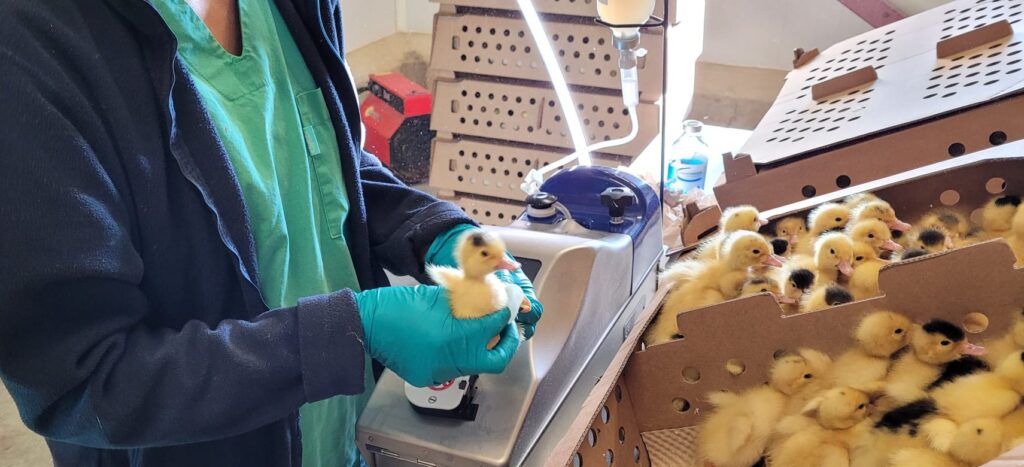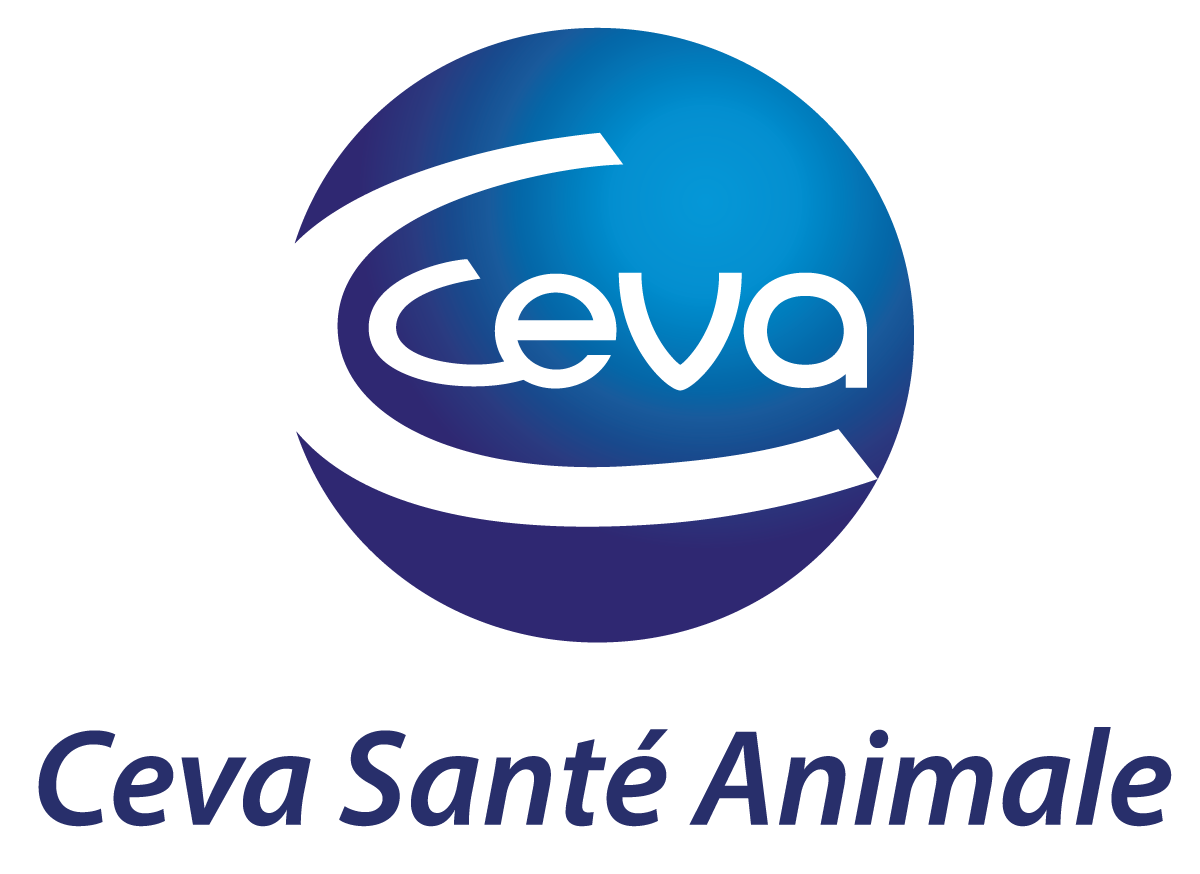
Libourne, April 18, 2024 – For World Animal Vaccination Day, Ceva Santé Animale (Ceva), the #5 largest animal health company present in 110 countries worldwide, reminds us of the vital contribution of animal vaccination and its essential role in prevention management.
Animal vaccination, a pillar of sustainable food production and One Health
FAO, the Food and Agriculture Organization of the United Nations, currently estimates that 783 million people suffer from severe hunger and are chronically undernourished[1], i.e. unable to access sufficient food, particularly animal proteins, on a regular basis. The impact of these protein deficiencies can be dramatic, not only for the healthy development of children, but also for the health of pregnant women and the elderly.
Animal health is therefore directly linked to our food security. Indeed, the World Health Organization (WHO) estimates that 20% of the world’s livestock is lost every year to disease. According to Oxford Analytica, this represents losses equivalent to the annual consumption needs of 1.6 billion people worldwide. With 10 billion people soon to be living on our planet, it is essential to take action to ensure that as many people as possible have access to a safe source of proteins. This is why Ceva invests heavily in preventive medicine to avert animals from falling ill, thus contributing to a more resilient and sustainable system.
Preventive medicine has another key benefit: it enables the rational use of antibiotics, and thus effectively fights antibiotic resistance. Between 2017 and 2019, global antimicrobial use in animals declined by 13%[2].
Finally, as zoonoses – diseases transmissible from animals to humans – grow in number and gradually cross species barriers, animal vaccination isa growing public health need. Indeed, according to WHO, 70% of new emerging diseases in humans are of animal origin, 2/3 of which come from wildlife. It is therefore crucial that we keep investing to provide better preventive care for our animals, and ultimately for humans.
Ceva, the most innovative animal health company in vaccine technologies
For over 20 years, Ceva has been convinced that vaccinating animals is a necessity. This is why the French company has heavily invested in preventive medicine, to prepare for future pandemics, among other things. Today, more than 50% of the company’s R&D investments are allocated to vaccine solutions.
With 14 R&D centers worldwide dedicated to vaccines and vaccine delivery equipment, Ceva is one of the world’s most innovative animal health companies. To date, the group boasts 6 technologies designed to meet the needs of veterinarians. The most recent is a cutting-edge nucleotide platform for rapid response to new emerging viruses. One example in France is the production of a duck vaccine against avian influenza, selected last March by the French government.
Ceva, worldwide expertise in autogenous vaccines
Beyond the wide range of vaccines available on the market, Ceva has become a world leader in the field of tailor-made vaccines, known as autogenous vaccines.
This technology can be used to develop a vaccine for a specific farm or flock, or even for minor animal species (turkeys, ducks, guinea fowl, etc.), thus filling gaps where commercial vaccines don’t exist. Autogenous vaccines play a key role in the preservation of species, helping to reduce the use of antibiotics and thus the development of antibiotic resistance. The company has a network of campuses dedicated to the production of these solutions (Canada, France, Germany, UK, USA) reinforcing Ceva’s preventive strategy.
Marc Prikazsky, Chairman and CEO of Ceva stated:
“Food insecurity is a real challenge, and we, at Ceva, want to play our part in solving it. This is why we are developing innovative solutions, such as vaccines, to ensure the good health of all animals and support all sustainable forms of agriculture.Prevention is also an essential tool in the fight against future global pandemics. Zoonoses can only be controlled through vaccination. It is therefore imperative to continue innovating to develop vaccine platforms that enable us to respond rapidly and effectively to the threat posed by new diseases that could spread dangerously. It is through the development of innovative health solutions and close monitoring of diseases that we will be able to limit the risks of propagation and preserve the health of our animals, and therefore our own health.”
[1] FAO, IFAD, UNICEF, WFP and WHO, The State of Food Security and Nutrition in the World 2023 (SOFI 2023 report)
[2] woah-amr-factsheet-a4-en-final.pdf
